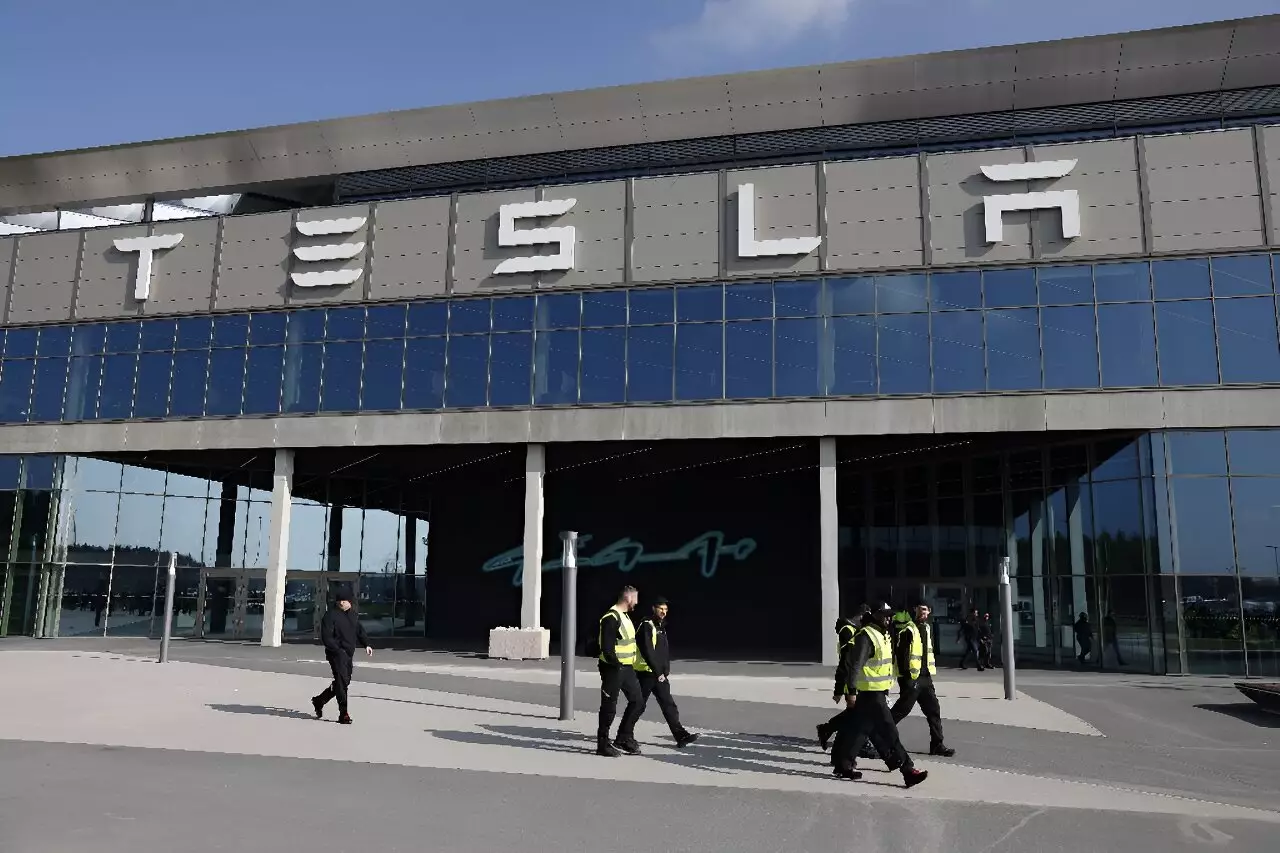The first quarter auto sales report revealed some challenges for Tesla, with global deliveries down 8.5 percent. This decline was attributed to weak sales in China, competition from local electric vehicle makers, and the impact of an arson attack on power lines in Germany. Additionally, the production ramp-up of an updated Model 3 in California and plant shutdowns due to shipping diversions caused by the Red Sea conflict had a negative effect on Tesla’s sales performance. The decline in sales also indicated a slowdown in demand for Tesla vehicles, as competitors in China may have offered more competitive pricing to attract consumers.
General Motors reported a 1.5 percent dip in first-quarter US deliveries, but noted continued strong customer demand for its vehicles with incentives below the industry average. On the other hand, Toyota experienced a 20.3 percent increase in US auto sales for the quarter. This surge in sales was attributed to an improved inventory situation, which allowed the Japanese automaker to score gains across its nameplate and Lexus luxury brand.
Market analysts had been anticipating a six percent rise in overall sales for the first quarter, supported by a strong US labor market and an improved supply picture. However, the market environment was described as “mixed” due to potential consumers holding off on purchases in anticipation of interest rate cuts by the US Federal Reserve. Despite the challenges, analysts like Wedbush’s Dan Ives expressed concern over the significant decline in Tesla’s sales, highlighting the need for the company to address the issues and reverse the downward trend.
While overall electric vehicle sales fell compared to the previous year, General Motors reported its ramp-up of the Equinox EV was “on track.” The Equinox EV is targeted at middle- and working-class consumers, with the first available versions priced at $43,295 and set to qualify for a federal tax credit of $7,500. This model is being closely watched as a barometer of mainstream US demand for electric vehicles, with expectations for it to be a key player in the evolving auto market.
Looking ahead, industry experts remain cautious about the auto sales market’s future trajectory. Tesla’s challenges in the first quarter and the rise of competitors, particularly in China, pose significant threats to its dominance in the electric vehicle sector. General Motors’ continued ramp-up of electric vehicles and Toyota’s strong performance indicate a shift in consumer demand towards more sustainable and technologically advanced options. The macro environment, influenced by factors like interest rates and consumer spending, will continue to shape the auto sales landscape in the coming quarters.
The first quarter auto sales report highlighted the challenges and opportunities facing key players in the industry. Tesla’s decline in deliveries, coupled with increased competition and production disruptions, underscored the need for the company to address demand issues and maintain its market position. General Motors and Toyota’s contrasting performances indicated the evolving nature of consumer preferences and the shift towards electric vehicles. As the auto market continues to undergo changes, adaptation and innovation will be crucial for companies to thrive in this competitive landscape.


Leave a Reply